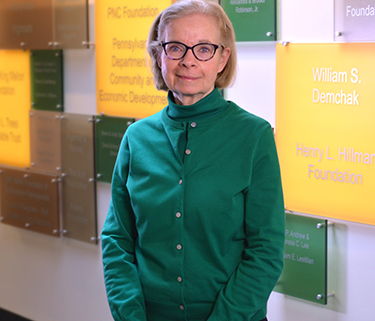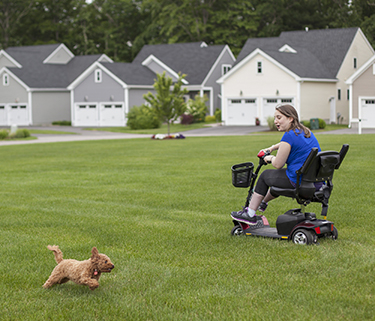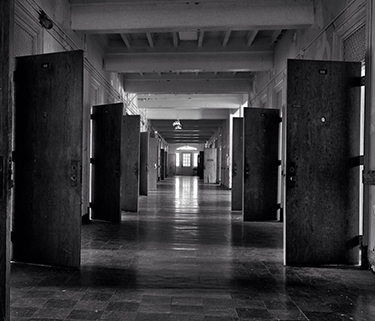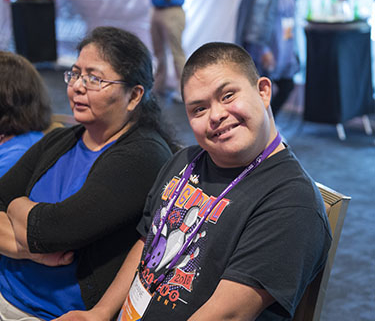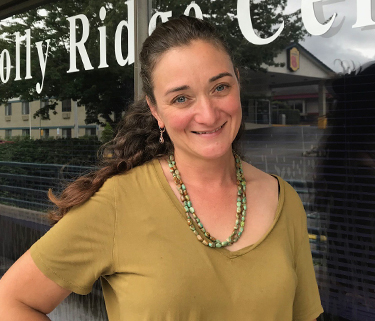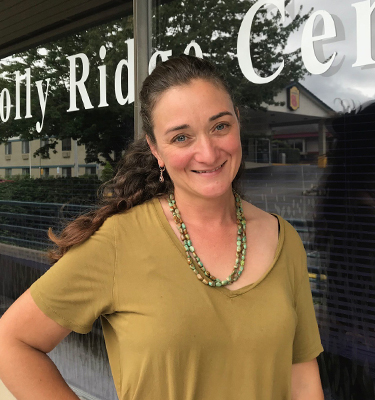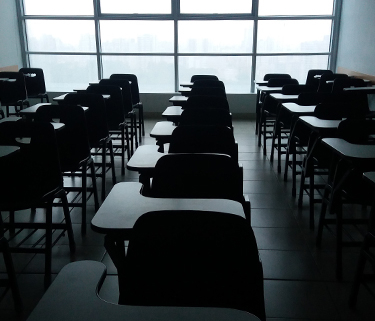Washington, DC – Local and national disability advocacy organizations have filed three complaints with the West Virginia Department of Education alleging widespread failures by Kanawha County Schools (KCS) to educate children with disabilities, including autism, intellectual or developmental disabilities, mental health concerns, and Attention Deficit Hyperactivity Disorder (ADHD). Specifically, the groups assert that KCS—the public school district serving Charleston, West Virginia’s state capital, and its environs—has failed to provide behavioral and academic supports to students with disabilities and are instead segregating them into separate schools and classrooms, or sending them home because KCS schools will not educate them. The advocates—Disability Rights of West Virginia, Mountain State Justice, The Arc, and the Bazelon Center for Mental Health Law, along with the global law firm Latham & Watkins LLP—allege that KCS has violated federal laws protecting students with disabilities.
“Students with disabilities and behavioral support needs can thrive in school, graduate with diplomas, and transition to successful adulthood provided they receive the appropriate supports to which they are entitled under federal law. It is critical that KCS take responsibility for teaching all of its students, not just some,” said Jeremiah Underhill, Legal Director of Disability Rights of West Virginia.
As described in the complaints, scores of children with disabilities enrolled in KCS have been separated unnecessarily from mainstream classrooms in their schools. Instead, the students are segregated for years in separate classrooms where they interact only with other students with disabilities, and receive an inferior education; placed on “homebound” status where they may only receive a few hours of tutoring each week; or suspended or even expelled from school for behaviors that are caused by their disabilities. The students are not receiving critical behavioral supports that can help them be successful in the general education classroom with their classmates without disabilities.
“It is heartbreaking to see KCS undermine the great potential of students with disabilities by failing to provide necessary supports and, ultimately, removing them from the classroom, causing them to miss vital instructional time and fall farther and farther behind academically and socially,” said Lewis Bossing, Senior Staff Attorney with the Bazelon Center.
Specifically, the complaints allege that KCS is: 1) violating the Individuals with Disabilities Education Act (IDEA) by failing to provide children with disabilities with the special education they need to receive a “free appropriate public education” in the least restrictive environment; and 2) violating the Americans with Disabilities Act (ADA) and Section 504 of the Rehabilitation Act (Section 504) by failing to educate children with disabilities in the most integrated setting appropriate to their needs, and denying them equal educational opportunity.
“We are seeing KCS discipline students with disabilities with months-long homebound placements, out-of-school suspensions, and segregated placements in classrooms that resemble storage facilities rather than places of learning for ‘infractions’ as minor as touching another student with a plastic fork or refusing to get off the playground slide at the end of recess. Students are receiving behavior plans that take the form of rote checklists rather than the individualized guidance documents the IDEA requires to adequately support children to succeed in school,” said Shira Wakschlag, The Arc’s Director of Legal Advocacy & Associate General Counsel.
In 2017, the U.S. Supreme Court held unanimously in Endrew F. v. Douglas County School District RE-1 that the “IDEA demands more.” Specifically, the Court provided a new and more demanding standard for what schools must do to adequately educate students with disabilities, requiring that school districts provide “an educational program reasonably calculated to enable a child to make progress appropriate in light of the child’s circumstances” and provide students with disabilities the opportunity to meet “challenging objectives” with “appropriately ambitious” special education. For virtually all children, this means receiving instruction and services in the general education classroom, with appropriate supports, alongside students without disabilities. In addition, in 1999 in Olmstead v. L.C., the Court held that the ADA prohibits the needless isolation or segregation of people with disabilities. The ADA applies to public schools, which cannot unnecessarily segregate students with disabilities, nor deny them equal opportunities.
“We have long fought for students with disabilities throughout West Virginia to be educated in their neighborhood schools with appropriate services and supports. KCS’s systemic failures to support students with disabilities in the least restrictive, most integrated setting cannot be justified in light of recent and longstanding Supreme Court precedent,” said Lydia Milnes, an attorney with Mountain State Justice. “KCS must do much more to ensure that all its students with disabilities receive the education they need and to which they are entitled.”
“By failing to adhere to the Individuals with Disabilities Education Act and Americans with Disabilities Act, Kanawha County Schools is diminishing the ability of our clients to secure the education to which they are entitled by law,” said Michael Faris, Latham & Watkins partner. “We look forward to ensuring that the law is upheld.”
About Disability Rights of West Virginia
Disability Rights of West Virginia (DRWV) is the federally mandated protection and advocacy system for people with disabilities in West Virginia. DRWV protects and advocates for the human and legal rights of persons with disabilities. To learn more, visit https://www.drofwv.org/.
About Mountain State Justice
Mountain State Justice is a non-profit legal services firm dedicated to redressing entrenched and emerging systemic social, political, and economic imbalances of power for underserved West Virginians, through legal advocacy and community empowerment offered regardless of ability to pay. To learn more, visit https://mountainstatejustice.org/.
About The Arc
The Arc is the largest national community-based organization advocating for and serving people with intellectual and developmental disabilities (IDD) and their families. In partnership with its network of 650 chapters across the country, The Arc works to promote and protect the rights of people with IDD to live, work, and learn in the community free from discrimination. To learn more, visit www.thearc.org.
About The Judge David L. Bazelon Center for Mental Health Law
The Judge David L. Bazelon Center for Mental Health Law is a national legal advocacy organization protecting and advancing the rights of people with mental disabilities. The Center promotes laws and policies that enable adults and children with mental disabilities to live independently in their own homes, schools, and communities, and to enjoy the same opportunities that everyone else does. To learn more, visit www.bazelon.org.
About Latham & Watkins LLP
Latham & Watkins LLP is global law firm with more than 2,700 lawyers located in Asia, Europe, the Middle East, and the United States. For more information, please visit its website at www.lw.com.

